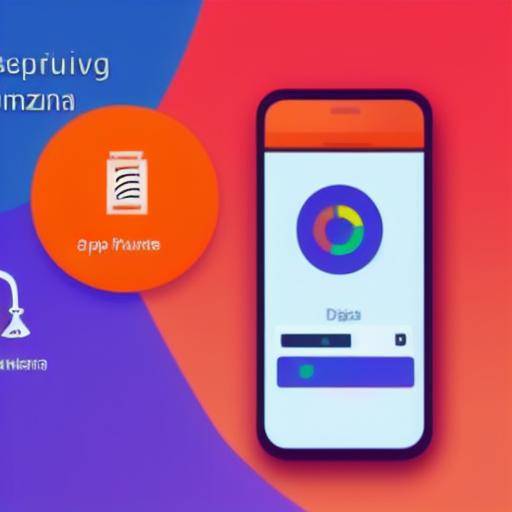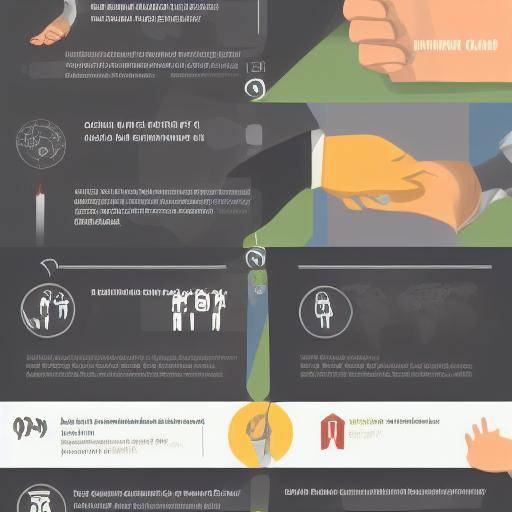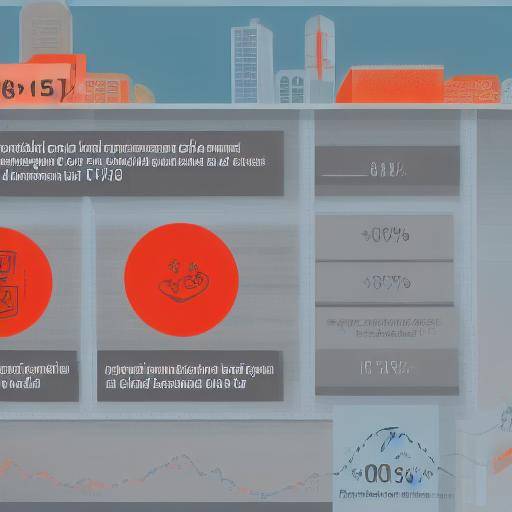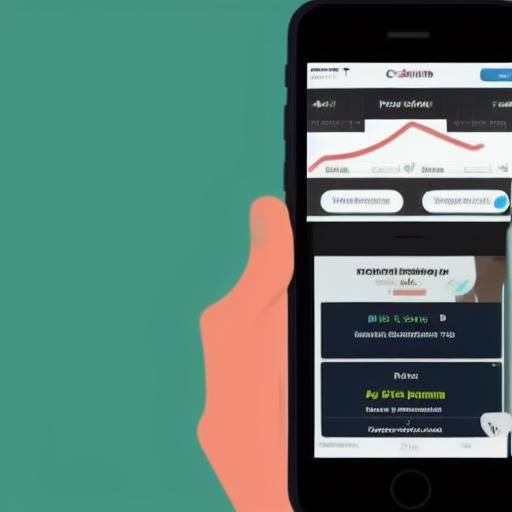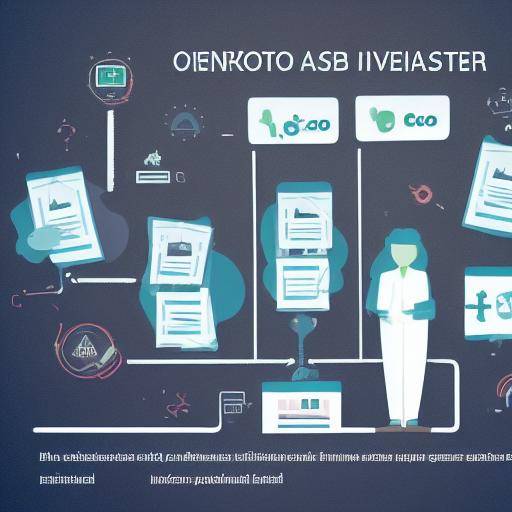
The fiscal declaration is an essential process for all individuals and companies. However, its complexity can generate uncertainty and stress. Hiring a tax advisor can provide the tranquility of adequately meeting tax obligations. In this article, we will explore key tips for hiring a tax advisor for tax return, from assessing your experience to making an informed decision.
Experience: Foundation of Professionalism
Experience is a crucial factor in choosing a tax advisor. An experienced professional can offer deep knowledge of tax laws, identify opportunities to maximize tax benefits and avoid possible errors that could lead to sanctions. In assessing the experience of a fiscal adviser, it is essential to consider the following:
Professional category
When evaluating a tax advisor, it is vital to ask about your academic background, certifications and work history. A certified public accountant or financial expert with a strong academic background and extensive experience in the fiscal field will be able to provide a comprehensive and reliable service.
Specialization
Specialization in specific areas of tax law, such as income taxes, corporate taxes or international taxes, can be crucial depending on the taxpayer's needs. A specialist adviser will be aware of the details and complexities of specific tax rules, ensuring optimal compliance with tax obligations.
Track Record of Success
Reviewing a tax advisor's success history can provide a clear view of his ability to deliver positive results. Requesting references from previous clients and evaluating successful cases related to similar tax situations can inculcate greater confidence in the selection of the professional.
Evaluation: Determination of reliability
Evaluating a tax advisor means not only reviewing your experience but also analyzing your suitability to meet specific fiscal needs. For a global assessment, it is essential to consider the following points:
Reputation and credibility
Investigating the reputation and credibility of the fiscal advisor through reliable sources, such as customer comments, online reviews and colleagues' references, can provide an objective view of their performance and professional ethics.
Communication skills
The ability of the fiscal advisor to communicate clearly and effectively is crucial. A good adviser will listen carefully to the needs of the client, explain the tax concepts in a understandable manner and satisfactorily address all questions.
Proactive approach
A proactive fiscal advisor will constantly seek opportunities to optimize the client's fiscal situation, provide proactive advice on legislative changes and maintain constant communication to keep the customer's financial situation up to date.
Decision: Move towards a informed choice
Taking into account the experience and evaluation of the fiscal adviser, it is time to make an informed decision. Some decisive factors for making the final decision are:
Costs and assessments
Understanding the cost structures and fees of the fiscal advisor is essential to avoid financial surprises. It is crucial to assess whether potential benefits exceed the costs associated with hiring the consultant.
Personal chemistry
The personal connection with the tax advisor is vital, as it will establish a long-term relationship of trust and collaboration. Feeling comfortable expressing concerns and sharing confidential information is essential for a successful partnership.
Long-term planning
It is essential to assess whether the fiscal adviser has the capacity and will to provide long-term services. Effective fiscal planning requires a long-term vision and continuous commitment to adapt to personal and regulatory changes.
How to choose the best tax advisor?
In considering the hiring of a fiscal adviser, conducting a thorough evaluation of the professional experience, analyzing its suitability and making an informed decision is crucial. By following these key advices and considerations, a successful partnership with a competent and reliable tax advisor can be guaranteed.
Conclusion
Hiring a tax advisor for tax return is a crucial decision that can have a significant impact on personal or business finances. In assessing the consultant ' s experience, undertaking a comprehensive assessment of his suitability and making informed decisions, fruitful collaboration and effective compliance with fiscal obligations can be ensured.
Remember that the choice of the appropriate fiscal adviser can greatly contribute to the optimization of the financial situation and the provision of mental peace in the fulfilment of fiscal obligations. If you still have questions, you will find answers to some common consultations related to hiring tax advisers below.
Frequently asked questions
1. What are the advantages of hiring a tax advisor instead of managing the tax return personally?
Hiring a tax advisor offers the advantage of having a professional with expertise that can maximize tax benefits, avoid costly mistakes, and allow the taxpayer to focus on other areas of personal or business life.
2. What are the typical costs associated with hiring a tax advisor?
The costs of hiring a tax adviser vary depending on the complexity of the tax return and the necessary services. They may include fixed fees, hourly fees, or a percentage of tax savings.
3. What is the difference between an accountant and a tax advisor?
While an accountant focuses on financial reporting and preparation, a tax adviser specializes in tax planning and compliance. A tax advisor can offer a strategic perspective to optimize the fiscal situation.
4. How important is confidentiality when selecting a tax advisor?
Confidentiality is crucial for sharing financial and personal information with a tax advisor. Ensuring confidentiality will help create a strong trust relationship and minimize any concerns about disclosure of confidential data.
5. When is the best time to hire a tax advisor?
The best time to hire a tax advisor is before the start of the tax filing period, allowing proactive planning and maximum use of available fiscal opportunities.
6. Should I consult with several tax advisors before making a final decision?
Consulting with several tax advisers is a recommended practice for different perspectives, evaluating proposed approaches and comparing costs. This practice can help to make an informed decision on the selection of the most appropriate fiscal advisor.
In short, hiring a tax advisor is a valuable investment that can provide meaningful mental peace and financial benefits. When carefully evaluating the experience, conducting a thorough evaluation and making informed decisions, a successful partnership can be guaranteed.
















